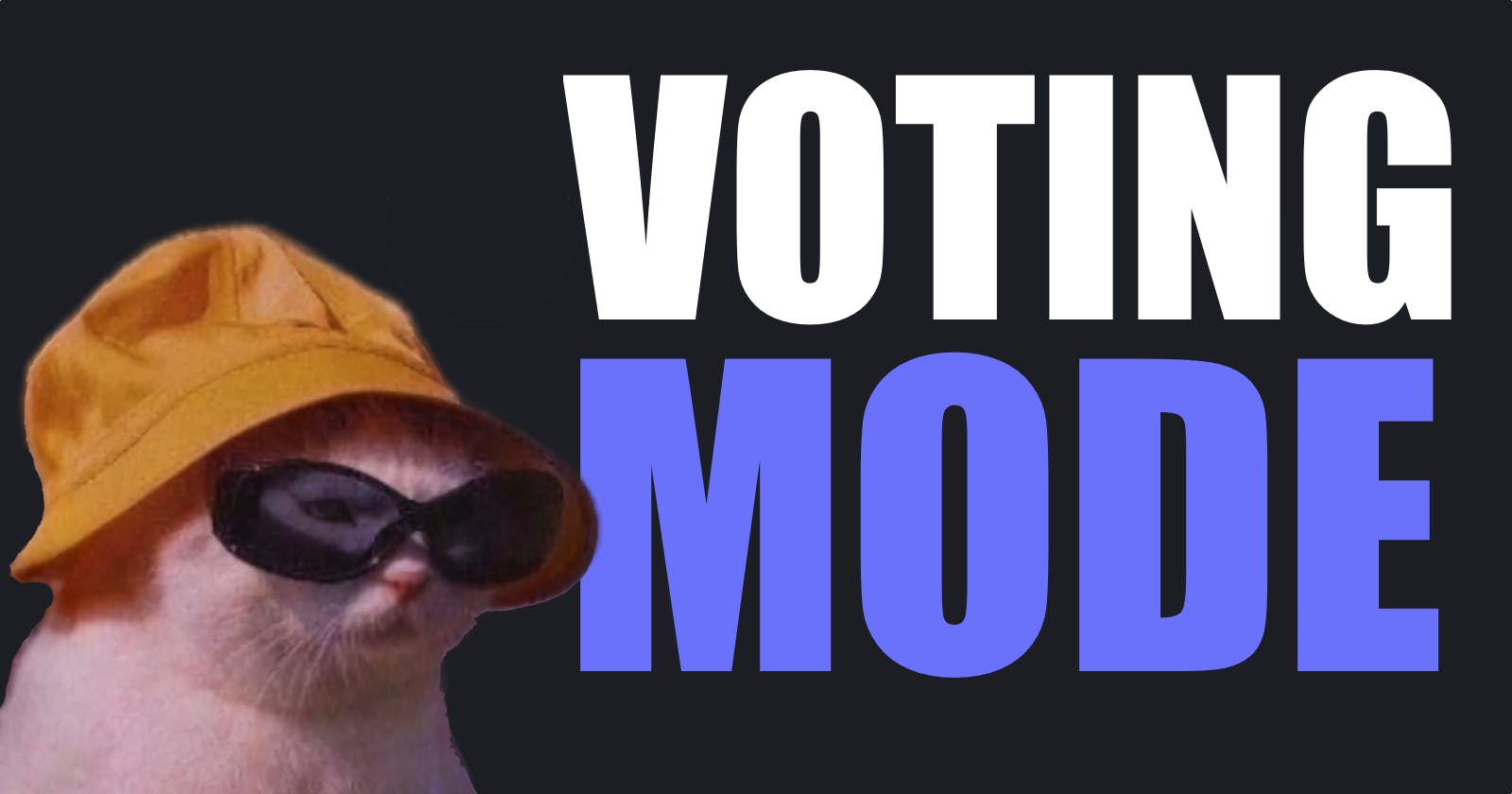Blockchain technology has revolutionized the way we conduct transactions, and it has brought about an innovative form of governance known as DAOs. DAOs, or Decentralized Autonomous Organizations, operate on a blockchain network and are governed by a set of rules encoded in smart contracts. One of the key features of a DAO is its voting system, which allows members to make decisions collectively.
DAOs voting can be categorized into two types:
on-chain voting
off-chain voting
Off-chain voting, also known as soft voting, is the process of casting votes outside of the blockchain network. This form of voting often occurs through Snapshot, a user-friendly voting interface that enables individuals to express their opinions and gauge sentiment towards specific proposals. Off-chain voting is often used for informal polls and surveys and is a quick and easy way to gather feedback.
On-chain voting, also known as hard voting, refers to the act of voting that is executed directly on the blockchain. Many DAOs utilize on-chain voting tools, such as Tally, to facilitate on-chain voting. On-chain votes are recorded on the blockchain as transactions that are processed by “miners.” Miners are participants in a blockchain network who use their computational power to validate transactions and create new blocks of data. These “miners” are responsible for running, storing, and adding transactions to the blockchain, using their computational power to process votes and append them to the blockchain. Therefore, on-chain voting is achieved through smart contract code, allowing changes or transactions to be executed automatically without human intervention.
On-chain voting can be costly, as it requires transaction fees, or “gas fees.” The gas fee for a voting activity may vary depending on the complexity of the voting contract and the data involved. A standard transaction on Ethereum has a gas limit of 21,000 units. The gas price for voting is determined by the network congestion and the user’s preference for confirmation speed.
For example, if one wants to vote on a proposal for a DAO on Ethereum, he gets the gas limit to 50,000 units and the gas price to 100 gwei (gwei is a subunit of ETH). The gas fee for his voting transaction would be Gas fee = Gas limit Gas price, which is 50,000 100 gwei fee = 0.005 ETH. At the current market price of ETH ($3,500), the gas fee for a vote would be equivalent to $17.5 to compensate the miners for the energy and effort required to process transactions.
In summary, both on-chain and off-chain voting have their advantages and disadvantages. Off-chain voting is quick, efficient, and cost-effective, but it may lack the security and transparency of on-chain voting. On-chain voting, on the other hand, is secure, transparent, and immutable, but it can be costly and time-consuming. Ultimately, the choice between on-chain and off-chain voting depends on the specific needs and requirements of the DAO and its members.

